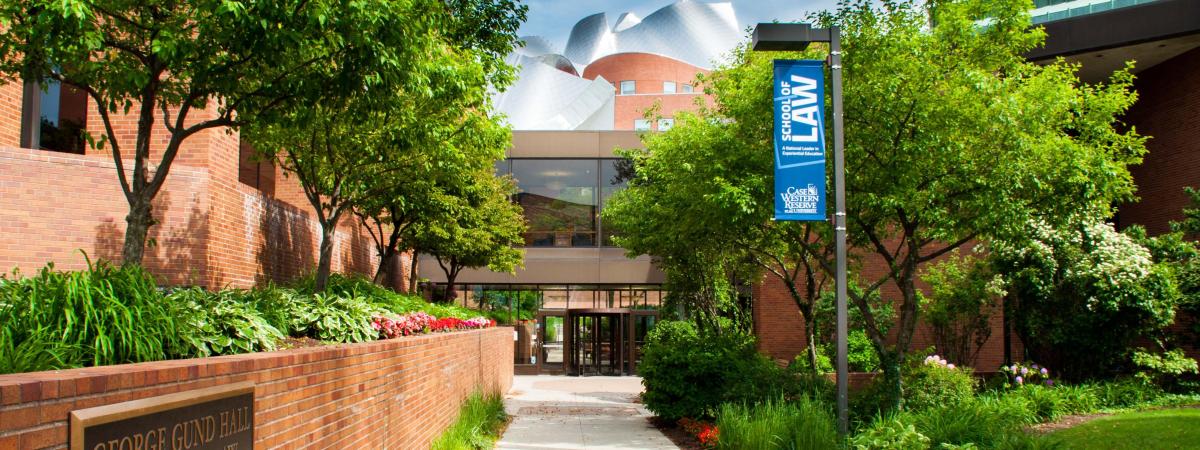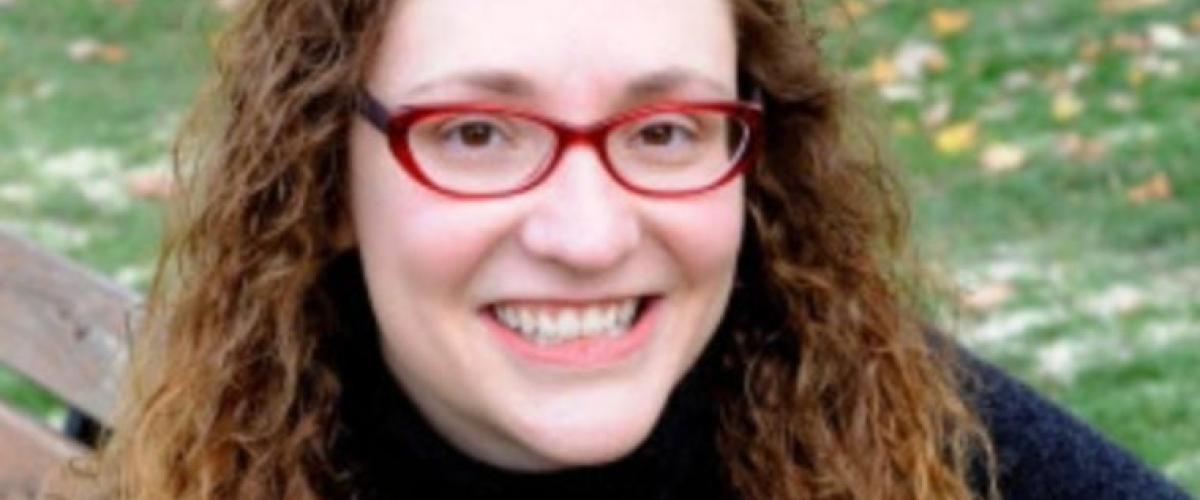First-year students who were named Gerber Fellows (which includes a scholarship for each recipient) recently completed a broad range of healthcare-related projects as part of their fellowship experience. They undertook in-depth research and analysis of cutting-edge issues, culminating in project presentations during a celebration with health law faculty.
The Gerber Fellows worked under the guidance of Visiting Professor Katharine Van Tassel. Their projects included:
- Shelby Conklin researched the history of drug importation, the Food and Drug Administration’s (FDA) and the Department of Health and Human Services’ (HHS) roles in importation, and the drug supply chain. She then wrote an in-depth blog post for the HealthLawProf Blog on the lawsuit filed against the FDA and HHS arising out of their “Final Rule” which allows states to import drugs from Canada.
- Kennedy Dickson researched the public health concerns arising from the remarkable growth of the medical use of marijuana over the past five years triggered by the liberalization of state laws. She then completed a draft of a law review article entitled "Medical Marijuana: A Matter of Interpretation."
- Melanie Fuenmayor wrote two in-depth blog posts for the HealthLawProf Blog. The first covers the FDA’s policy modification that allowed food manufacturers to alter their ingredients without requiring any label changes during the COVID-19 public health emergency and the effects that this failure to disclose could have on allergy sufferers. The second details the recent success of the Bee Better initiative, a certification program that incentivizes food manufacturers to engage in pollinator conservation efforts in exchange for a Bee Better certification and label for their products.
- Joseph Matts researched and drafted an extensive proposal for a Law School Veterans Legal Clinic. The Clinic would provide services to clients with a less-than-honorable discharge who are unable to access healthcare benefits available to other veterans. Many of these veterans receive that discharge because of events caused by trauma suffered during military service, such as Post Traumatic Stress Disorder or Traumatic Brain Injury.
- Owen Migdal used his experience in health sciences and knowledge from his JD/MD curriculum to create a demonstration for a one-credit elective course that would teach law students how to read medical records.
- Teddy Truta-Modovan wrote an in-depth memorandum on the appeal process for denial of veterans' healthcare and disability benefits. In the memorandum, he highlighted the difficulty many veterans have in navigating the complex system and discussed how they could be assisted by law students.
- Victoria Neikam created an extensive outline for a law review article she intends to write on the No Surprises Act of 2020. This law requires that insured patients seeking out-of-network, non-emergency services be provided with a "good faith" cost estimate 72-hours prior to the rendering of services.





